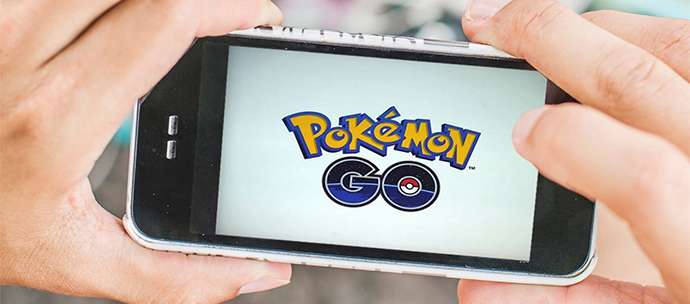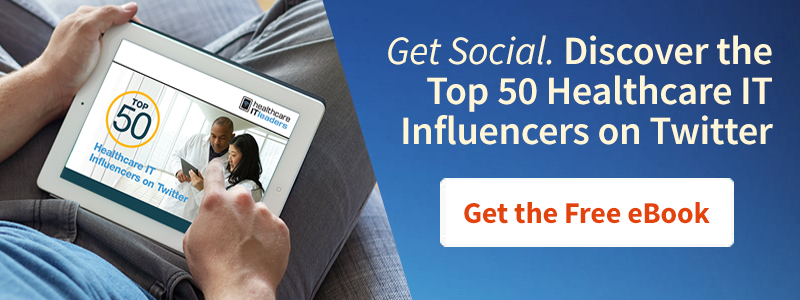Pokemon Go and 6 Other Popular Consumer Apps Changing Healthcare
 It’s the most downloaded mobile game in U.S. history, but is Pokemon Go a healthcare app? Jonathan Halvorson, writing for The Health Care Blog, makes the case that it might very well be.
It’s the most downloaded mobile game in U.S. history, but is Pokemon Go a healthcare app? Jonathan Halvorson, writing for The Health Care Blog, makes the case that it might very well be.
“The game comes first,” he says. “That turns out to be the smarter path to actually engage large numbers of people to be active. Self-reports and early data from tracking devices reveal a massive jump in walking, almost certainly tens of billions of additional steps in just one week.”
In contrast to Pokemon Go, many fitness apps designed specifically to get people moving have proven ineffectual. Halverson predicts the lessons learned from the success of Pokemon Go will inevitably “change the face of both gaming and health and wellness tools generally.”
While Pokemon Go is the latest popular consumer application showing promise for tracking and improving health, it’s certainly not the first. Here are 6 other ingenious healthcare use cases for well-known apps.
Tinder for Organ Donation
As reported in MedCity News, users of Tinder, the popular online dating app, may soon be able to swipe right on their mobile screens to register as an organ donor. The campaign to engage potential donors on Tinder in the U.S. follows a similar campaign last year in the UK.
Google Maps the Zika Outbreak
Google Maps have long been utilized by public health researchers for visualization of health threats. For real-time monitoring of the Zika Virus, Boston-based HealthMap.org offers a global view of the outbreak complete with a timeline of confirmed and suspected cases pinpointed by location using Google Maps.
Twitter IDs Food Poisoning
As reported in 2014 on the CDC’s Morbidity and Mortality Weekly Report, the Chicago Department of Public Health actively monitors Twitter to help identify reports of foodborne illnesses. Health inspectors in other cities, like New York and Las Vegas, report using similar techniques as well as pulling in data from restaurant review sites like Yelp.
Facebook for Suicide Prevention
Facebook recently announced the global rollout of new features for suicide prevention, including a drop-down menu that allows users to flag posts as suicidal. Flagged posts are expedited for internal review, and if deemed suicidal, both the reporter and the person who posted the content are met with a variety of help options, developed in conjunction with mental health groups.
Uber as Ambulance
For emergency transportation to a hospital would you rely on Uber? The company doesn’t recommend it, but there’s ample anecdotal evidence that more patients are using the ride service as a more reliable and less expensive alternative to ambulance service. Uber is forging relationships with hospitals for non-emergency transportation, as highlighted in this announcement from Hackensack University Medical Center.
Google Cardboard Enables Life-Saving Surgery
Google Cardboard turns a smartphone into a virtual reality headset using just a piece of cardboard folded to enclose the device. The inexpensive technology, when paired with a 3D viewing app, helped Miami doctors create a virtual map of a child’s heart that aided a life-saving surgery.
